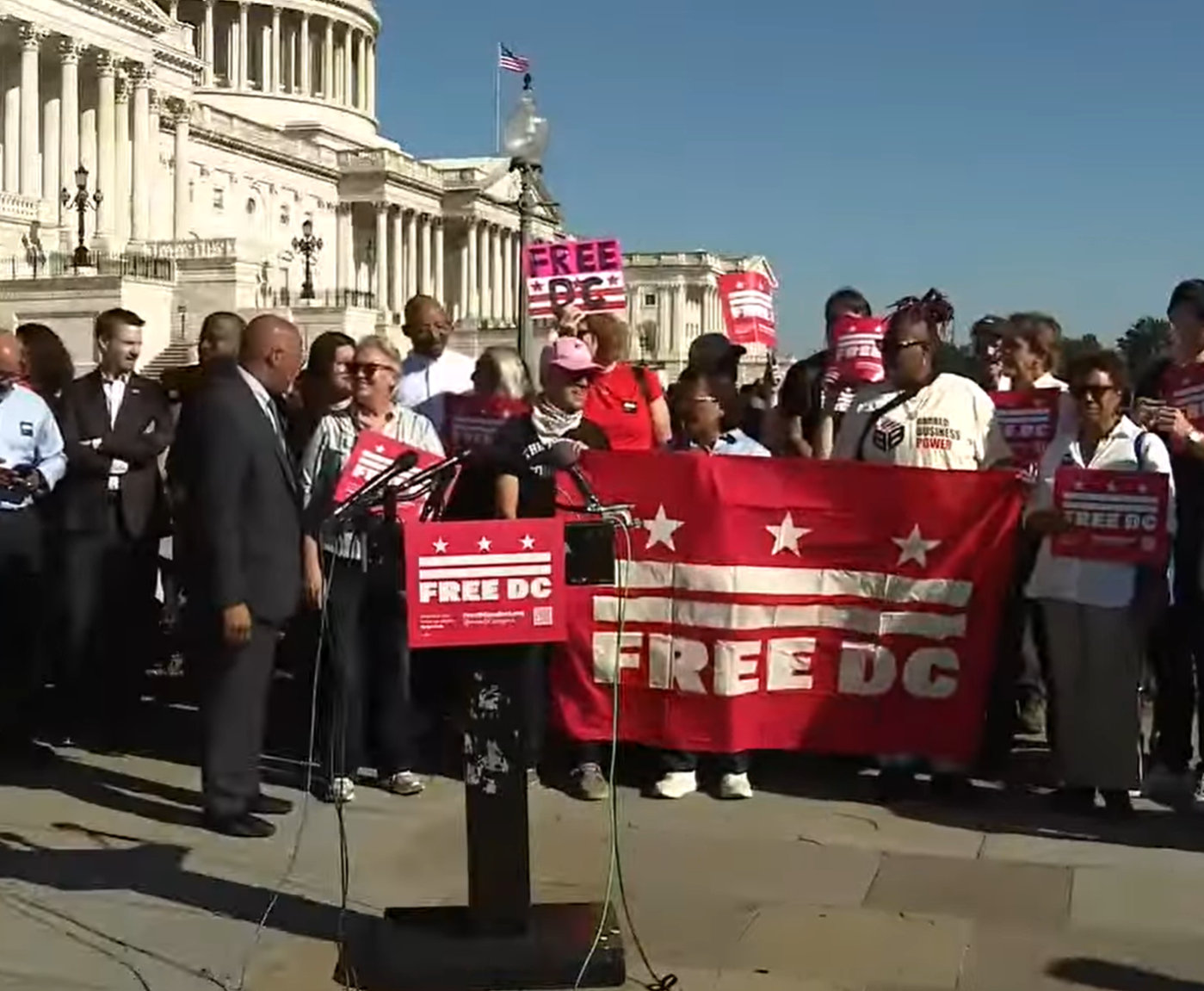[This is part of an ongoing series of articles on new developments relating to the Patient Protection and Affordable Care Act of 2010 (aka “Obamacare”).]
Another day, another postponement of an Obamacare deadline.
On March 5, the government released a second set of comprehensive regulations relating to the controversial health care legislation. Previously, regulations had extended the employer mandate for certain mid-sized firms by one year to January 1, 2016, while all responsible firms had benefited from a prior one-year delay. Now, following an earlier reprieve, the grace period for individual policies that don’t meet the law’s requirements has been extended by two years, to October 1, 2016.
The latest extension appears to be politically motivated. With national elections looming in November, lawmakers who sided with the president in the pitched battle over Obamacare can ill afford another debacle involving health insurance policies. The reverberations from last year, when the government’s healthcare.gov website sputtered initially and 4.7 million policies were cancelled, are still being felt.
The new regulations issued by the Treasury Department address a broad range of issues involving individuals, employers and insurers. It will take awhile for the experts to sort through all the intricacies, but here are several other key developments that have already emerged.
- The government is granting individuals an extra month to enroll next year. As scheduled, the 2015 enrollment period will kick off on November 15, 2014 – right after the midterm elections – but will now last through February 15, 2015, instead of January 15. The open enrollment period for 2014 ends at the end of this month.
- Higher maximum out-of-pocket cost limits have been established for 2015. Under the new regulations, deductibles and copayments for plans sold on the state insurance exchanges can't exceed $6,600 for individuals or $13,200 for families, up from $6,350 and $12,700 in 2014, respectively.
- According to the new regs, the member fee that must be paid by most major employer health plans will be $44 per enrollee in 2015, up from $63 in 2014. This provision, which has drawn the ire of some employers, generates revenue so insurers can provide coverage to people with serious medical problems who were previously turned down.
- Although the new regs purportedly streamline the reporting rules, employers are saying the changes don’t go far enough. The IRS needs the information to help enforce the mandates as well as doling out tax credits for individuals and small businesses. We will likely see more tweaks in these rules in the near future.
- Finally, the government is leaving the door open for yet another delay. This one is an optional feature of state-run exchanges for small businesses that would enable employees to pick their own coverage from a list of plans. These exchanges also experienced difficulties getting off the ground last year.
How will the latest extension affect the marketplace? The Obama administration estimates that about 1.5 million policies are currently on the hook. It also says that nearly half the states permitted insurers to extend canceled policies for a year under the initial delay.
Coverage through these policies doesn’t measure up to the standards of the health care law, but it’s expensive for consumers. Thus, individuals will have the option of sticking up to two years longer with their plans, if they so choose.
Thanks for reading CPA Practice Advisor!
Subscribe Already registered? Log In
Need more information? Read the FAQs
Tags: Benefits, Legislation





